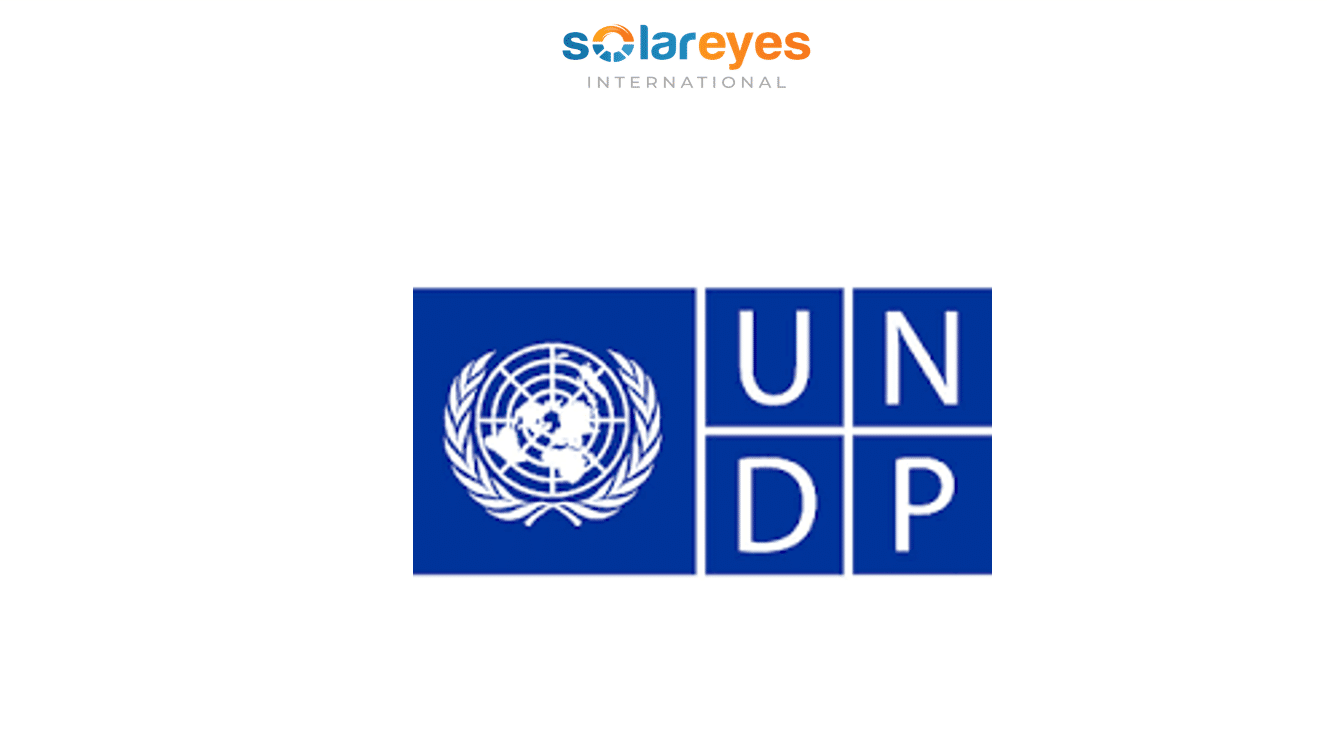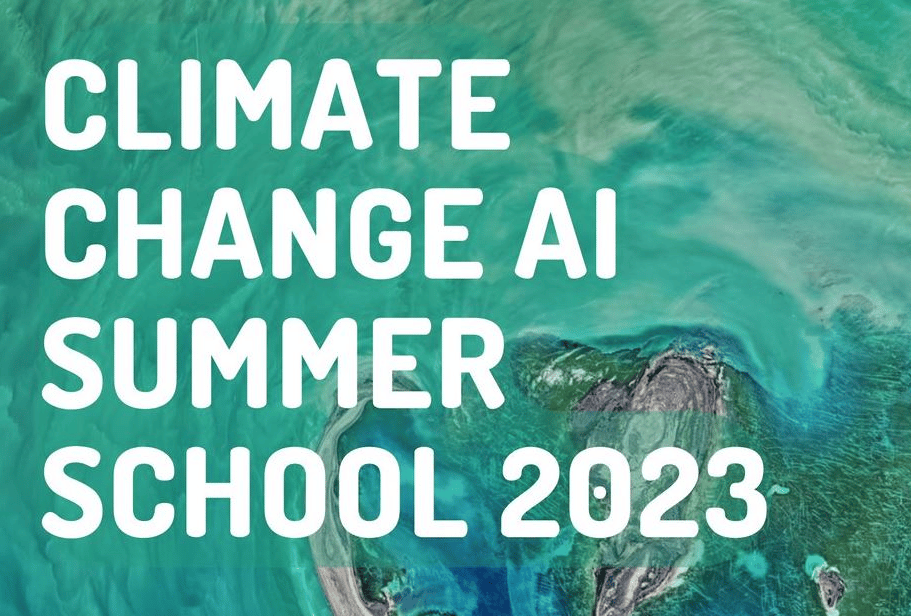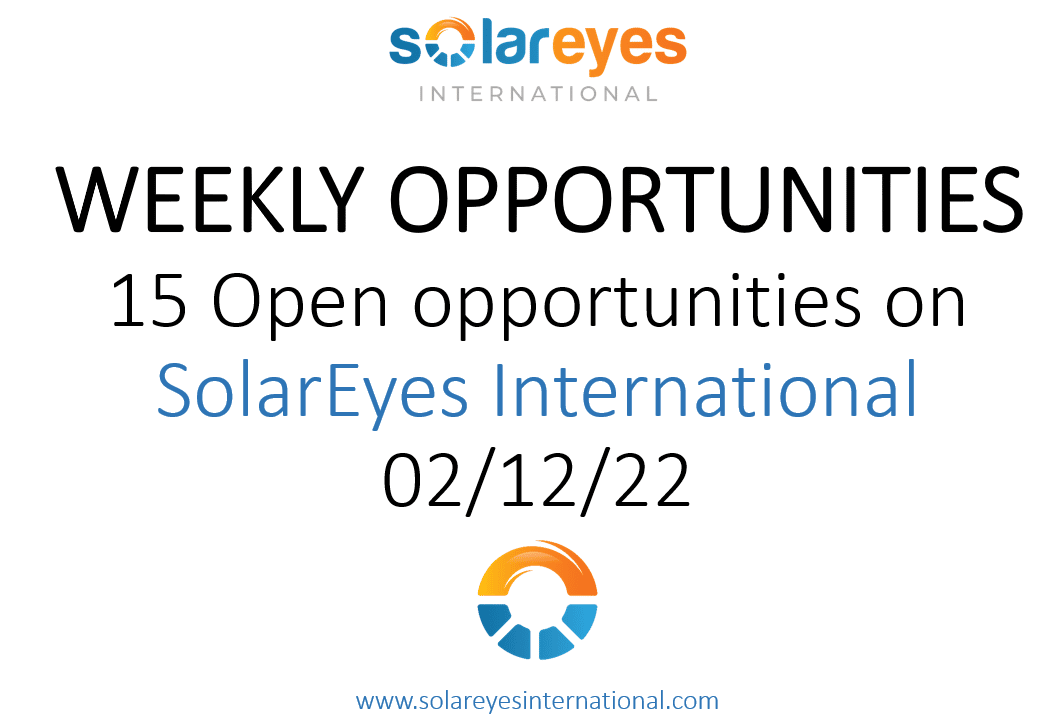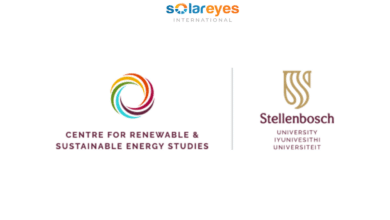ETH4D Doctoral Mentorship Grants
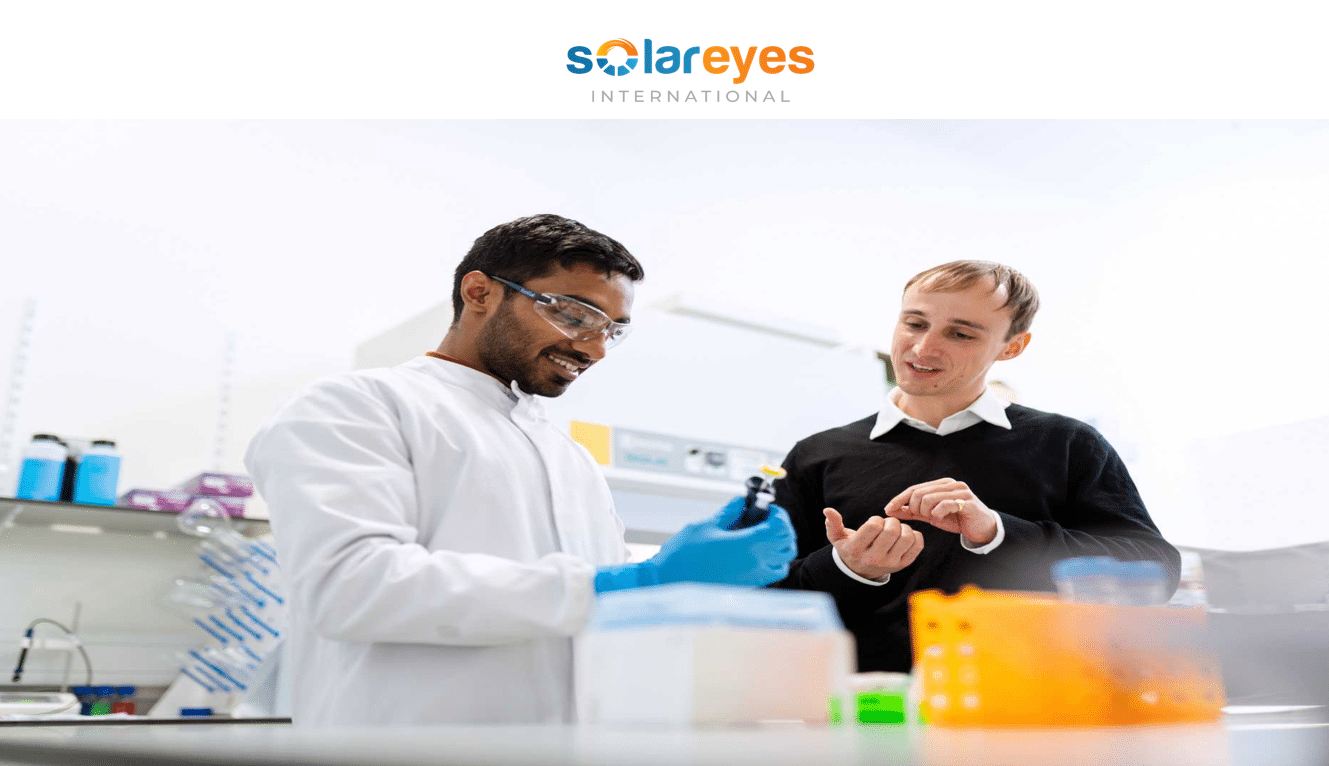
ETH4D Doctoral Mentorship Grants
ETH4D provides grants for mentoring doctoral candidates from low- and lower-middle-income countries. The mentorship is a one-year appointment and comprises the following components:
Mentorship from one ETH professor, senior scientist or postdoc over a period of one year of the mentee’s doctoral studies. We suggest monthly meetings and clearly defined goals of the project, e.g., presentation at a conference, joint publication. ETH mentors are free to serve on the doctoral committee of the ETH4D mentee, but this is not a requirement.
Research stay at the mentor’s research group (ETH Zurich, Switzerland) for 1-3 months during the mentorship period.
Financial support for attending a conference and/or research material
More information can be found in the DownloadETH4D Doctoral Mentorship Programme Criteria document. (PDF, 168 KB)
There are four application deadlines per year: 31 January, 30 April, 30 June, 31 October.
Next application deadline is 31 October 2023.
You will be notified of the decision 5-6 weeks after the deadline.
Grant and application information: ETH4D Doctoral Mentorship Grants
The grant covers expenses up to a maximum of 15k CHF and includes the following:
- Economy roundtrip ticket (max. 2 kCHF) to and from Switzerland for the research stay
- Visa fees
- Travel allowance to attend an academic conference
- Research material (e.g. lab equipment) (max 6 kCHF in total).
- Fees for health insurance
- Local transportation
- Accommodation
- Living allowance for the duration of the research stay at ETH Zurich
Eligible are doctoral candidates who are registered at a university or research institute in a least- developed, low- and lower-middle-income country according to the DownloadOECD/DAC 2022 – 2023 list (PDF, 204 KB).
The application needs to be submitted by the ETH professorship hosting the doctoral candidate. Applications directly submitted by the doctoral candidate will NOT be considered.
Application Documents: ETH4D Doctoral Mentorship Grants
Budget (Downloadtemplate budget (XLSX, 12 KB)vertical_align_bottom)
Project description (see criteria document for points that need to be addressed)
Motivation letter of the doctoral candidate (1 page)
Most recent university transcripts
CV of doctoral candidate (max. 2 pages) incl. publications
Two academic reference letters
Doctoral project proposal (if available)
Support letter of the hosting ETH professor, including any financial and in-kind contributions (in case the mentor is a senior scientist or postdoc, both, the mentor and their professor has to sign the support letter)
Please read the DownloadEligibility Criteria and Application Requirements (PDF, 168 KB)vertical_align_bottom before applying.
All application documents must be written in English submitted electronically in the form below.
More On ETH for Development (ETH4D)
ETH for Development (ETH4D) aims to develop innovations that address global challenges and educate future leaders in sustainable development.
Fighting poverty remains one of the biggest challenges of the 21st century. The obstacles poor people face in their everyday lives include access to affordable, functional, and sustainable housing, health, education, nutrition, water, energy, transportation, financial and insurance services, and security.
Scientific knowledge & innovations offer tremendous potential for poverty reduction, but they must be developed and deployed with a profound understanding of people’s needs and behaviour, the planet’s ecology, and society’s diverse structures, histories, and cultures. Find out more about the diverse innovative research projects at ETH.
ETH4D supports research and learning that combines diverse knowledge and skills from engineering to the social sciences, from the natural sciences to the humanities, from scientists to citizens, and from research to practice. Find out more about our research and learning opportunities.
Despite unprecedented progress in poverty reduction over the last 25 years, around 800 million people still live on less than two dollars per day, without adequate access to food, drinking water, electricity, mobility, and other basic services.
At the same time, many countries struggling with extreme poverty are currently among the most dynamic economies in the world, creating new opportunities to use innovative approaches to address social and environmental challenges.
The rapid expansion of mobile phone technology and solar energy have had tremendous impacts on development over the past ten years. Now technologies such as digitization, 3D-printing, block chain, remote sensing, and robotics might offer the same promise.
However, much of the potential of technological innovation for addressing the persistent challenges of those in poverty remains untapped. ETH4D believes that universities have a responsibility to ensure that technological progress benefits the global population.
ETH4D aims to combine technological innovation with a profound understanding of people’s behavior and their environments to identify new solutions for improving the lives of poor people. ETH4D therefore supports research, which combines the knowledge and skills of engineering, the natural sciences, social sciences and humanities and promotes the collaboration between scientific research, civil society, industry and policy.
ETH4D aims to educate the future leaders of sustainable development. ETH4D will train a new generation of engineers and natural scientists able to develop, implement and scale world-changing innovations with a global perspective.
DownloadETH4D in a page (PDF, 232 KB)
The 2030 Agenda for Sustainable Development, adopted by all United Nations member states in 2015, offers a global vision for a sustainable future. At its heart are the 17 Sustainable Development Goals (SDGs) and their 169 targets. The SDGs represent an urgent call to action by all countries in a global partnership.
Click on the icons to the right to learn how ETH Zurich contributes to achieving these goals. The last icon takes you back to this landing page.
In a historic vote on 25th September 2015, all United Nations member states ratified the Agenda 2030. The 17 Sustainable Development Goals (SDGs) and their 169 targets form the core of this document.
Striking a fine balance, they account for the economic, social and ecological dimensions of sustainable development. The Agenda 2030 is considered an important political milestone in international cooperation in the field of sustainable development.
In contrast to the Millennium Development Goals (MDGs) formulated in 2000, which focused primarily on developing countries, the goals of the Agenda 2030 apply to all countries. This means that all countries are equally called upon to jointly solve the world’s pressing challenges and commit to sustainable development within their means.
FOLLOW US ON SOCIAL MEDIA
Follow us on LINKEDIN, FACEBOOK, TELEGRAM GROUP and WHATSAPP.
*** ALSO CHECK: HOW TO SIZE A SOLAR SYSTEM – 5 clear steps anyone can follow
HOW TO START A SOLAR COMPANY – do these 6 things and make money through solar
How to Identify Fake Solar Products
SOLAR PANEL LOSSES: All you Need to Know + Tips on how to avoid them
SOLAR PV MODULE MANUFACTURING PROCESS EXPLAINED – from solar cells to solar panel
10 Surprising Ways Solar Energy Can Save You Money Today!
Opportunities for Solar Energy Development in Europe
FREE TOOLS to use for Solar Panel Tilt Angle Calculation and Installation – for any location
How Solar Panels Can Increase Your Home Value
HOW TO IDENTIFY FAKE SOLAR PRODUCTS – 6 things to check
Some Examples of where People have Fallen Victim to Fake Solar Products
How to Choose Solar Panel Brands
Top 10 Solar Panel Companies Driving the Renewable Energy Revolution
Best Solar Cell Efficiency Chart – National Renewable Energy Laboratory(NREL)


